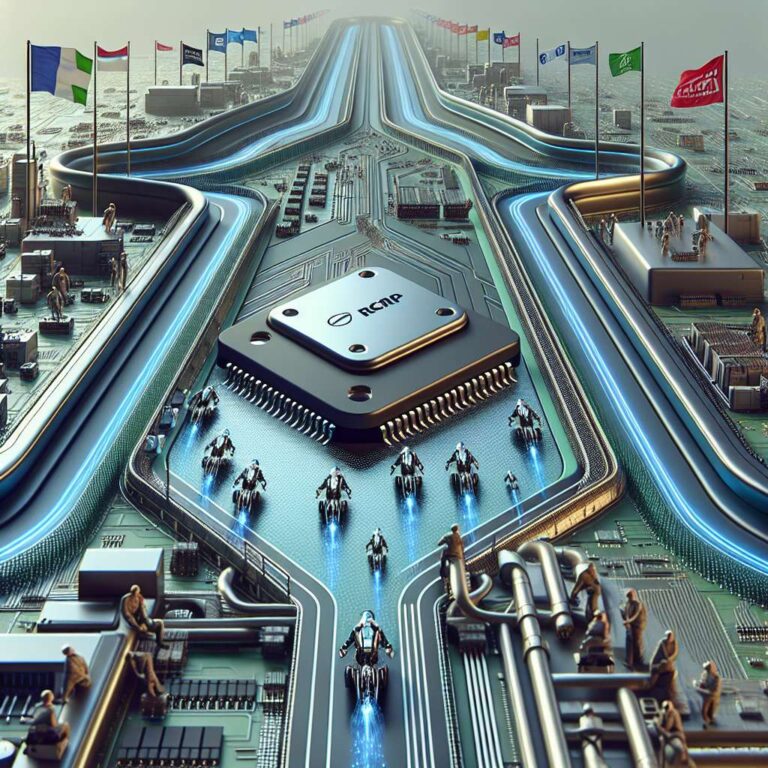As Artificial Intelligence hardware surges in popularity and demand, the competition among chip manufacturers has hit unprecedented levels. Companies targeting both CPUs and data center platforms are diversifying product portfolios to build increasingly powerful and energy-efficient Artificial Intelligence chips. The result is a relentless arms race for industry leadership, with products being updated or replaced annually to maintain a technological edge.
Alphabet, through Google, is pushing boundaries with its Trillium TPU v6e and the upcoming Ironwood TPU v7, aiming for dramatic boosts in performance within massive clusters. Alphabet also entered quantum hardware territory with Willow, a 105-qubit chip designed to minimize error rates in scaled deployments. AMD, meanwhile, strengthens its Artificial Intelligence GPU accelerator line with the Instinct MI325X and the MI355X—chips that promise significant bandwidth and performance increases, challenged directly against Nvidia´s new Blackwell B100 and B200. Apple continues to refine its Neural Engine, culminating in the M4 chip and an anticipated M5, while partnering with Broadcom to co-develop proprietary server chips for internal use.
Not to be left behind, AWS has pivoted from a pure cloud focus, deploying Trainium accelerators in its EC2 Trn2 UltraServer configurations, with Trainium3 chips on the horizon for even greater speed. Simultaneously, the release of Graviton4 ARM-based chips further strengthens its processor suite for cloud and high-performance workloads. Cerebras Systems, a newer player, delivers the third Wafer-Scale Engine, WSE-3, which sets speed records with up to 900,000 Artificial Intelligence cores in a single processor, outclassing competitors in memory bandwidth and parallelism.
IBM advances with dedicated chips like Telum and the impending Spyre Accelerator, emphasizing purpose-built Artificial Intelligence performance and energy efficiency, while its NorthPole project targets ultra-efficient, compact accelerators. Intel maintains momentum with Xeon 6 processors and the Gaudi 3 chip, focusing on rivaling Nvidia while rolling out versatile Core Ultra 200 series chips for emerging ´AI PC´ markets. Nvidia, building on its industry-defining success, leads with Blackwell architecture and preps the Vera Rubin superchip architecture as the next frontier in speed and energy efficiency. Qualcomm stakes its claim in both data center and mobile with impressive results for the Cloud AI 100 and Snapdragon 8 Elite series, outperforming Nvidia´s H100 in critical efficiency tests. Finally, Tenstorrent, led by AMD´s former chief architect, releases scalable chips like Wormhole and Blackhole, supporting high-density, networked server configurations tailored for advanced Artificial Intelligence tasks.
With rapid iteration cycles and relentless pursuit of performance, these ten companies are setting the pace for Artificial Intelligence innovation through hardware. Their constant competition not only drives advancements in chip design but also expands the reach of Artificial Intelligence into everything from data centers to consumer mobile devices and quantum computing platforms.

